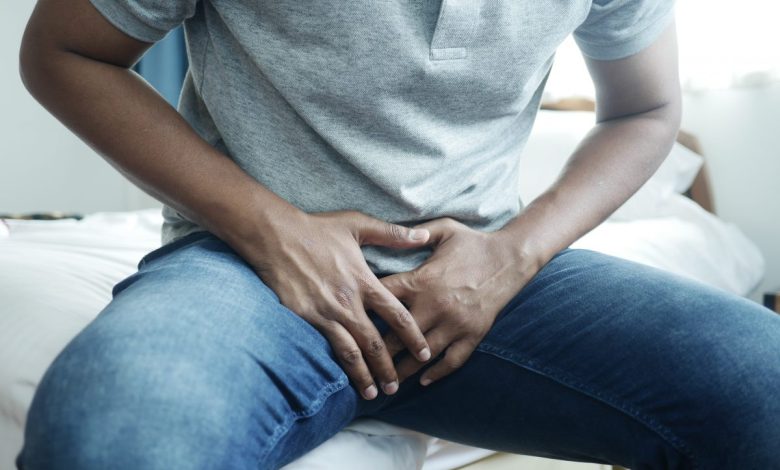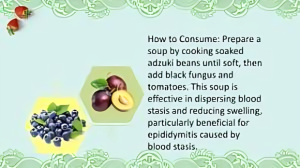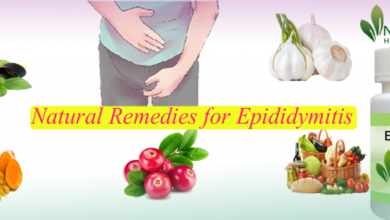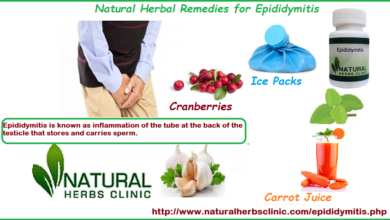How Long Does Epididymitis Take to Heal? What it’s Natural Solution?

Epididymitis is a condition marked by inflammation of the epididymis, the tube located at the back of the testicle responsible for storing and carrying sperm. It can lead to significant discomfort, including pain, swelling, and sometimes fever. One of the most common questions patients ask is: How long does epididymitis take to heal? Additionally, many seek natural remedies to complement conventional treatment.
What is Epididymitis?
Epididymitis is an inflammation or infection of the epididymis, the coiled tube at the back of the testicles where sperm is stored and matured. This condition can cause discomfort and pain, impacting the scrotum and surrounding areas. Epididymitis is a common urological condition, particularly among men aged 20-39, though it can affect males of all ages.
Related Article; How to Get Rid Of Natural Remedies for Epididymitis At Home
Causes of Epididymitis
Epididymitis is primarily caused by bacterial infections, which can occur through different pathways:
- Sexually Transmitted Infections (STIs): In younger men, epididymitis is often linked to STIs such as chlamydia and gonorrhea. These infections travel through the urethra and eventually infect the epididymis.
- Urinary Tract Infections (UTIs): In older men or those with prostate issues, epididymitis is frequently associated with a UTI or an enlarged prostate, which can block urine flow, allowing bacteria to enter the reproductive organs.
- Non-Bacterial Causes: In some cases, trauma to the groin, viral infections, or even certain medications can lead to inflammation of the epididymis.
Symptoms of Epididymitis
The symptoms of epididymitis can vary in intensity but typically include:
- Scrotal Pain: A key symptom, usually starting on one side, that may gradually worsen.
- Swelling and Redness: The scrotum may appear swollen and red, often feeling warm to the touch.
- Painful Urination or Urinary Symptoms: Difficulty urinating or a frequent urge to urinate is common.
- Fever and Chills: In more severe cases, an infection can cause systemic symptoms like fever.
- Discharge from the Penis or Blood in Semen: This can occur in STI-related epididymitis.
How Long Does Epididymitis Take to Heal?
Epididymitis is a condition that causes inflammation of the epididymis, the tube behind the testicle that stores sperm. The healing time for epididymitis varies depending on the cause, severity, and treatment plan, but understanding the recovery process can help manage expectations and ensure a smoother healing journey. Incorporating Herbal supplement for Epididymitis into the treatment plan, alongside conventional medications, may also support the healing process by reducing inflammation and promoting overall recovery.
1. Causes Impacting Healing Time
The cause of epididymitis plays a significant role in determining how long it takes to heal. Bacterial infections, particularly those caused by sexually transmitted infections (STIs) like chlamydia or gonorrhea, are among the most common causes. In these cases, once antibiotic treatment begins, symptoms typically start to improve within a few days, but full recovery may take one to two weeks.
2. Severity of the Condition
The severity of epididymitis also influences the healing timeline. Mild cases, where pain and swelling are manageable, can heal within a week or two with proper treatment. Severe cases, marked by intense pain, significant swelling, or abscess formation, may require longer treatment periods, sometimes extending up to six weeks or more. In rare cases where the condition becomes chronic, symptoms can persist beyond three months, requiring ongoing management.
3. Treatment and Recovery
The effectiveness of treatment directly affects recovery time. Antibiotics are typically the first line of defense for bacterial epididymitis, and early intervention can lead to quicker relief from symptoms. Along with antibiotics, pain relievers, anti-inflammatory medications, and supportive care like bed rest and scrotal elevation can help alleviate symptoms.
4. Self-Care for Faster Recovery
In addition to medications, self-care measures can help speed up recovery and reduce discomfort. These include:
- Resting: Limiting physical activity and resting helps the body focus on healing.
- Scrotal Elevation: Elevating the scrotum using supportive underwear or a folded towel can reduce swelling.
- Cold Packs: Applying cold packs to the scrotum for 15-20 minutes a few times a day can ease pain and inflammation.
- Pain Management: Over-the-counter pain relievers, such as ibuprofen, help reduce discomfort.
Natural Solutions for Epididymitis:

Epididymitis, an inflammation of the epididymis, is often treated with antibiotics when caused by a bacterial infection. However, many individuals seek Natural Remedies For Epididymitis to complement traditional treatment or alleviate symptoms when the condition is less severe. While medical intervention is important, especially in acute cases, natural solutions can help manage symptoms, reduce inflammation, and promote healing. Here’s a breakdown of natural ways to address epididymitis.
Related Article; Natural and Herbal Treatment for Epididymitis
1. Rest and Scrotal Support
One of the most effective natural remedies is simply resting. Reducing physical activity helps prevent additional irritation and inflammation of the epididymis. Elevating the scrotum with a folded towel or wearing supportive underwear can reduce discomfort by decreasing pressure on the inflamed area. This measure aids in faster healing and eases symptoms.
2. Cold Compress Therapy
Applying cold compresses to the affected area can help reduce swelling and relieve pain. Using a cold pack wrapped in a cloth for 15-20 minutes several times a day can decrease inflammation. It is important not to apply ice directly to the skin to avoid frostbite or irritation.
3. Herbal Remedies
Certain herbs possess anti-inflammatory and antibacterial properties that may help treat or alleviate symptoms of epididymitis. Common herbal options include:
- Turmeric: Known for its anti-inflammatory properties due to curcumin, turmeric can help reduce swelling and pain.
- Garlic: With natural antibiotic properties, garlic may help fight infections contributing to epididymitis.
- Echinacea: Traditionally used to boost the immune system and fight infections, echinacea can support the body’s natural defense mechanisms.
These herbs can be consumed in food, supplements, or teas, but it’s advisable to consult a healthcare professional before starting any Herbal Treatment for Epididymitis, especially when combining with prescribed antibiotics.
4. Dietary Adjustments
Eating a nutrient-rich diet that supports the immune system and reduces inflammation is crucial for those dealing with epididymitis. Foods high in antioxidants, like leafy greens, berries, and nuts, can aid in reducing inflammation. Omega-3-rich foods like fish, flaxseeds, and walnuts may also contribute to managing inflammation.
5. Hydration
Staying well-hydrated is essential for flushing out toxins and bacteria that may be contributing to the infection. Drinking plenty of water also supports overall immune function and keeps the urinary tract healthy, which can be beneficial when epididymitis is linked to UTIs or other infections.
6. Probiotics
Taking probiotics, either in food like yogurt or as supplements, can help restore balance to the body’s gut flora, especially if antibiotics have been prescribed. Probiotics support immune health and can prevent or alleviate side effects related to antibiotic use, such as digestive issues.
7. Essential Oils
Some essential oils have natural antibacterial and anti-inflammatory properties. Oils such as tea tree, lavender, and frankincense can be diluted with a carrier oil and gently massaged into the lower abdomen or scrotum area to relieve pain and reduce swelling. However, it’s important to use them properly and ensure they are safe for topical application in sensitive areas.
Conclusion
Healing from epididymitis can take anywhere from a few days to several weeks, depending on the severity of the condition and the treatment approach. While antibiotics and medical care are often required, natural solutions such as rest, ice packs, herbal remedies, and anti-inflammatory supplements can support recovery. Always consult your doctor to determine the best course of treatment for your situation and explore natural remedies safely alongside conventional medicine.



